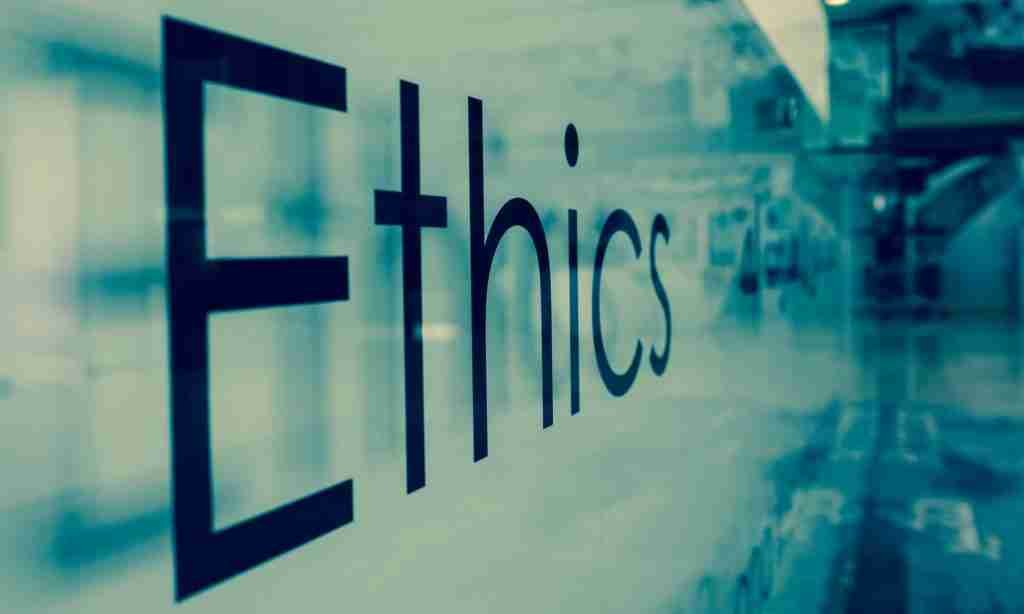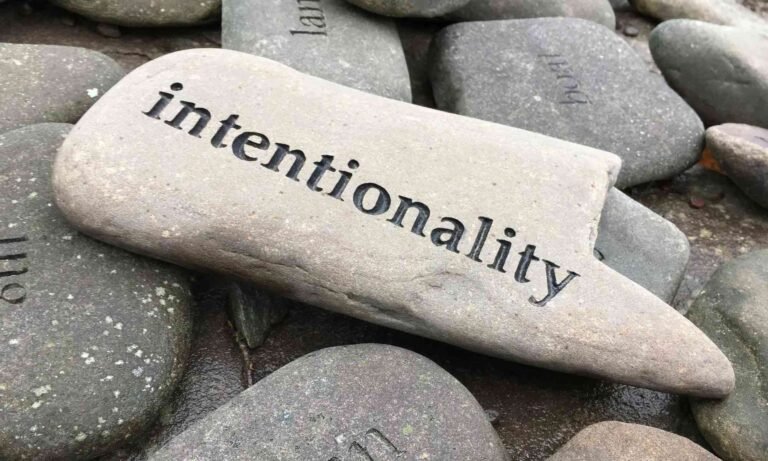Honesty is a fundamental value that significantly shapes personal and professional relationships. At its core, honesty encompasses not only truthfulness but also an overarching commitment to transparency and authenticity. It involves presenting information, feelings, and beliefs in a manner that reflects reality, without distortion or deception. When individuals embody honesty, they create an environment that fosters trust, which is essential for building meaningful connections.
There are various forms of honesty that individuals can exhibit, each contributing uniquely to one’s integrity. Transparency involves openly sharing information and intentions, ensuring that others can see the motivations behind actions. Truthfulness focuses on the accuracy of what is being communicated, demanding a commitment to conveying facts without misleading anyone. Authenticity, on the other hand, pertains to being genuine and true to oneself, reflecting one’s real thoughts and emotions rather than conforming to societal expectations. Together, these elements of honesty contribute to a robust framework of integrity that can greatly impact how individuals are perceived by others.
The implications of honesty extend beyond individual character to societal and psychological levels. Consistent honesty enhances one’s reputation, fostering trust and encouraging open communication and collaboration.
This trust cultivates a culture of integrity, positively influencing behaviors and relationships. Fostering honesty is crucial, as it serves as the foundation for trust and integrity, benefiting both individuals and society as a whole.
Ultimately, an honest approach leads to stronger, more reliable connections and a more cohesive community.
The Benefits of Practicing
Practicing honesty is foundational in cultivating trust and integrity, enhancing personal and professional relationships. When individuals adopt honesty as a core principle, they create an environment where transparency and openness thrive, fostering trust among colleagues, friends, and family. In personal relationships, honesty strengthens bonds and fosters a sense of security, leading to healthier interactions. In professional environments, it encourages teamwork and collaboration, driving productivity and innovation. Moreover, honesty promotes mental well-being by reducing stress and anxiety associated with deceit. It facilitates personal growth, fostering self-awareness and accountability. An honest reputation commands respect and admiration, enhancing social standing within a community. Additionally, honesty is crucial in conflict resolution, allowing for clear communication and amicable dispute resolution. This fortifies relationships and promotes a healthy community where members can trust one another, creating a positive environment for all involved. Embracing honesty serves as a powerful catalyst for individual growth and community unity.
Challenges and Misconceptions
Honesty is often regarded as a fundamental virtue, yet individuals frequently encounter significant challenges when attempting to uphold it. One primary obstacle is the fear of judgment. When expressing genuine thoughts or emotions, individuals may worry about how others will perceive them, leading them to withhold their true opinions. This fear can stem from past experiences where openness resulted in negative judgments or social isolation. Consequently, many people may prioritize conformity or appeasement over authenticity, thereby compromising their integrity.
Another challenge associated with honesty is the potential backlash it can encourage. In certain contexts, disclosing the truth can lead to conflicts, strained relationships, or even professional repercussions. For example, an employee who honestly critiques a project may risk facing backlash from colleagues or supervisors who prefer maintaining a polished image rather than confronting challenging realities. This emphasis on maintaining a facade can contribute to a culture of dishonesty, wherein individuals feel compelled to conceal their true thoughts and feelings.
Furthermore, misconceptions about honesty often fuel misunderstandings. A common belief is that being honest equates to being blunt or rude, perpetuating the idea that honesty lacks tact. However, honesty can be expressed with sensitivity and thoughtfulness.
For instance, rather than bluntly pointing out someone’s faults, one may provide constructive feedback framed positively, thus preserving the recipient’s dignity while still communicating the truth. This approach fosters open dialogue and reinforces trust in relationships.
Ultimately, it is vital to reassess the notion that honesty will invariably lead to negative outcomes. Engaging in an honest dialogue necessitates balancing transparency with consideration for others, which not only enriches relationships but also upholds one’s personal integrity. By addressing these challenges and misconceptions, individuals can better navigate the complexities of honesty while fostering a culture rooted in trust.
Cultivating a Culture
Fostering a culture of honesty is vital for building trust and integrity within families, workplaces, and communities. This process begins with encouraging open and effective communication. One practical strategy for nurturing this environment is to practice active listening. When individuals feel heard, they are more likely to express their thoughts and feelings candidly. Active listening involves not only hearing the words but also understanding the underlying emotions and perspectives, which reinforces a sense of trust and respect.
Creating safe spaces for dialogue is another key element in developing a culture of honesty. These spaces should allow individuals to voice their opinions and concerns without fear of reprisal or judgment. Establishing guidelines for discussions, such as confidentiality and mutual respect, can foster an atmosphere where people are more comfortable sharing their truths. Such environments empower individuals to engage authentically, resulting in stronger relationships built on integrity.
Leadership plays a crucial role in promoting honesty and transparency. Leaders should lead by example, demonstrating ethical behavior and open communication in their actions. By modeling honesty, they set the tone for the entire organization or community, encouraging others to follow suit. Leaders can also actively solicit feedback, showing that they value input from others and are committed to making improvements based on honest observations.
The positive outcomes of cultivating a culture of honesty are profound. As trust deepens within families, workplaces, and communities, collaborations become more fruitful, and individuals are more willing to take risks and innovate.
For instance, a workplace characterized by open communication often sees improved employee morale and retention rates, as team members feel valued and understood. Additionally, transparent interactions can lead to enhanced problem-solving capabilities, as diverse perspectives are shared and considered. Furthermore, this environment encourages collaboration and innovation, as employees feel empowered to voice their ideas and concerns. Ultimately, fostering a culture of honesty reinforces the foundation upon which trust and integrity are built, creating a more cohesive and productive organizational culture.
What’s More
The posts in My Blog feature reflective, story-driven pieces rooted in personal and societal insights.
The topics in My Interests explore abstract, philosophical ideas and their cultural and societal impact.
👁️ 6,268 Views


















